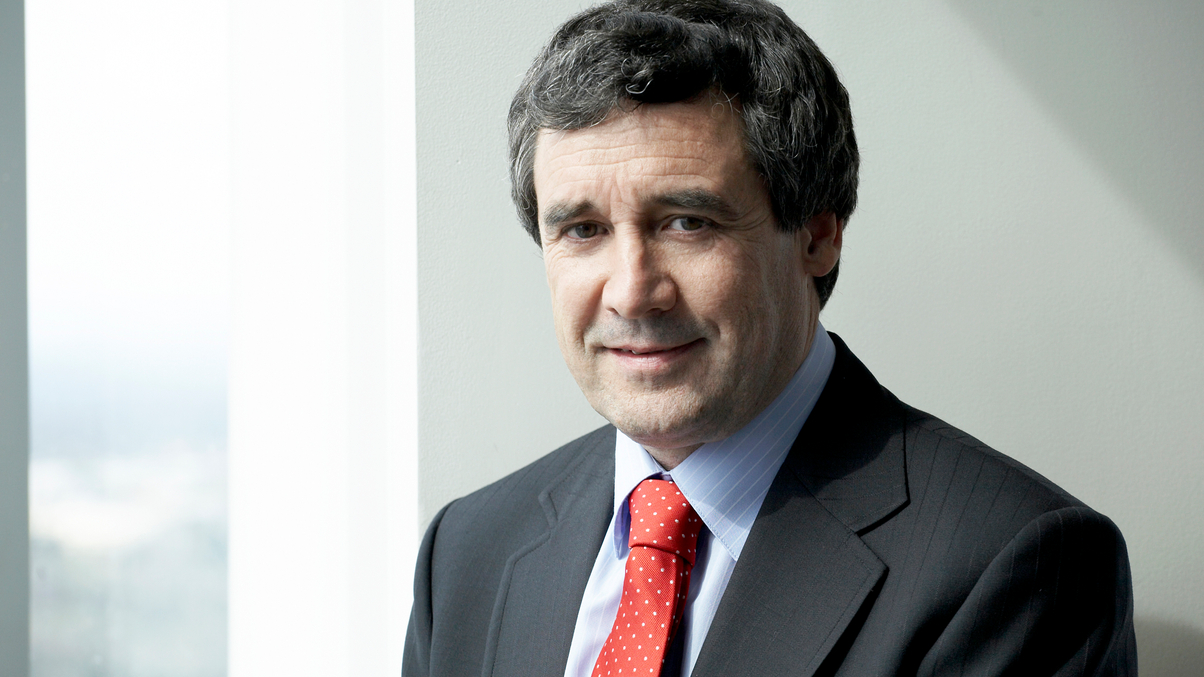Price behind world's biggest benchmark switch: Vanguard
The indexing firm admits price, not performance, is the key factor in dropping MSCI as its benchmark provider on 22 US-domiciled index funds.

US-based indexing specialist Vanguard Investments has confirmed that its decision to drop MSCI for FTSE as benchmark provider for six international equity index funds was chiefly price-driven.
Sign in to read on!
Registered users get 2 free articles in 30 days.
Subscribers have full unlimited access to AsianInvestor
Not signed up? New users get 2 free articles per month, plus a 7-day unlimited free trial.
¬ Haymarket Media Limited. All rights reserved.


